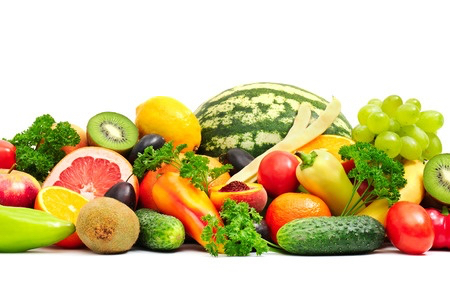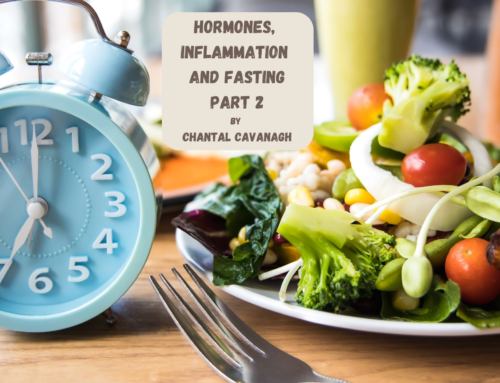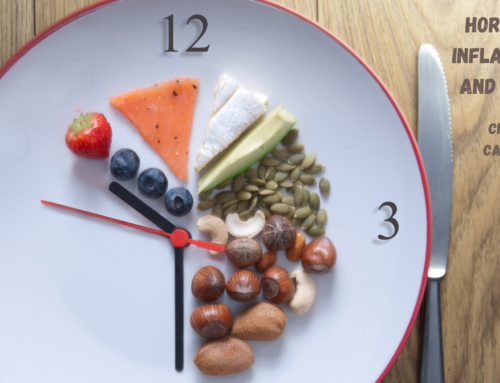The Nature of Food
by Pip Atherstone-Reid
WARMING OR COOLING
Different foods are considered warm or cooling to our systems in Traditional Medicines. Warming and hot foods; warm the body and cooling and cold foods; cool the body. Cool foods are generally harder to digest than warmer foods if not eaten in balance as they can put out the digestive fire.
We can be warm in nature or cool in nature or have a combination of both. Which is why it is important to eat a balance of cool and warm foods, depending on our nature.
Here are some guidelines that can help you determine whether the foods are warm or cool. Remember, that the nature of the food is not necessarily connected to the temperature of the food at the time of eating.
- Foods grown in summer or hotter climates tend to be more cooling, than foods grown in winter.
- Foods that take longer to grow are often more warming than foods that grow quickly.
- Foods eaten cold or raw are more cooling.
- Foods that are cooked for a longer time, tend to be more warming.
- Foods cooked in oil are more warming.
- Chewing well warms the food and fluids.
This logic can apply to finely chopped or pureed food.
- Foods grown underground are warmer.
- Foods grown high on trees are cooler.
EXAMPLES OF COOLING FOODS
Watermelon, Pineapple, kiwi fruit, banana, green leafy vegetables, cucumber, bamboo shoots, seaweed, yoghurt, mint, tofu, spinach, mung beans, soy beans, eggplant, coconut, celery, broccoli, cauliflower, barley, avocado, apple, aloe vera, alfalfa, asparagus, daikon or radish, grapefruit, kelp, mulberries, oranges, papaya.
EXAMPLES OF WARMING FOODS
Walnuts, spelt, black sesame, shallots, ginger, potatoes, leek, honey, egg yolk, chives, chestnuts, butter, ghee, turmeric, onion, garlic, chilly, cardamom, capers, black beans, black pepper, black tea, bay leaf, almonds, cayenne pepper, Chinese red dates, wolfberries, cloves, cinnamon, fennel, mandarin peel, mustard seeds, orange peel.
There are also foods that are neither warm nor cool and are considered neutral in nature. They tend to be a lot of the grains like rice and adzuki beans, but once cooked become warmer in nature.









Leave A Comment